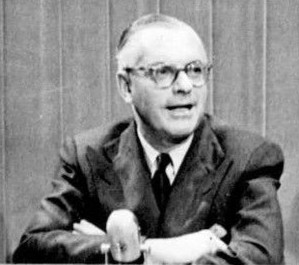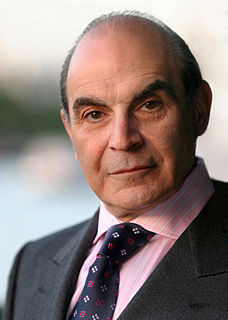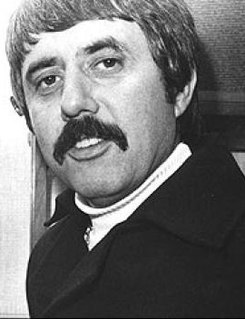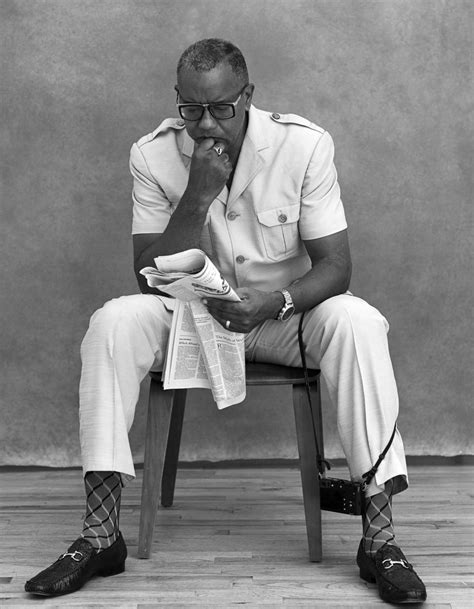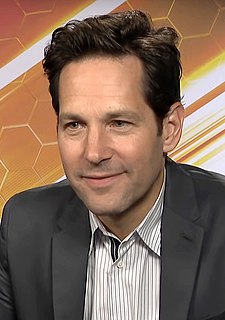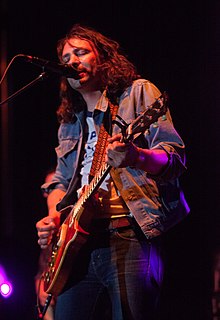A Quote by Sam Neill
I don't think I ever felt an outsider when I had a stutter.
Related Quotes
They tell about a fifteen-year-old boy in an orphans' home who had an incurable stutter. One Sunday the minister was detained and the boy volunteered to say the prayer in his stead. He did it perfectly, too, without a single stutter. Later he explained, "I don't stutter when I talk to God. He loves me."
In so many roles I've played the outsider. As an outsider, you have more energy to succeed simply because you are an outsider. There are scripts floating around but they're not coming my way and I think that I am getting a little bit too old to play Napoleon. But if I was ever offered the role I would grab it.
I think the thing is that you're very affected by your early life, and I think that if you ever had that feeling of outsider, or loneliness or whatever, it just doesn't leave you. You can be happy and successful, whatever, but I think that thing stays inside of you. It doesn't ever really leave you. You kind of always will have that.
I've always just felt like an outsider. I've always been made fun of in school ever since kindergarten. For me, when I started singing, that's when I started making "friends,". That's when people started taking an interest in me. That was the thing that made me likable, I guess. Maybe even lovable! I think that's really why I'm so hellbent on doing this as a career is because those are the moments where I felt at my most confident.
I grew up with an absolutely horrible, debilitating stutter, and it was what caused me to retreat into myself and caused me to have very few friends and not want to socialize, and it made me absolutely terrified of giving reports in school. It was awful. It wasn't until I was 19 that I had intensive speech therapy. I had it for two years and it really helped, though I will say when I'm tired, the stutter comes out, even now.

